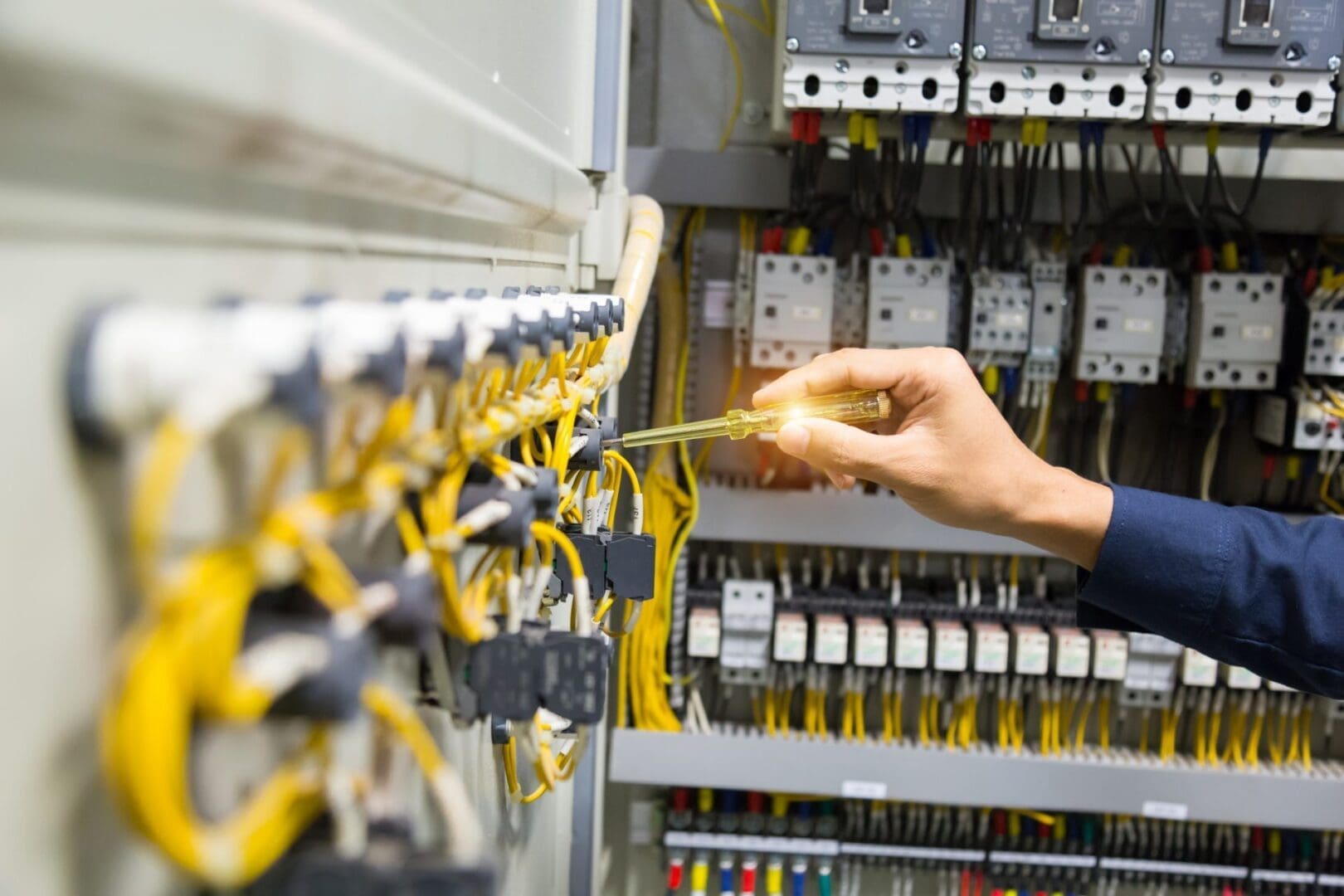The Importance of Electrical Inspections for Older Homes
Older homes possess that timeless charm and architectural beauty coupled with a certain history. However, beneath their old exterior may lie outdated electrical systems that could be major safety hazards. Over the decades, wiring standards and electrical codes have changed. Many older homes may not have met modern requirements for safety, and electrical inspections are critical for identifying potential hazards, ensuring functionality, and keeping these treasured properties safe.
Safety Hazard Identification
The electrical system in old homes could be on the verge of wear and tear, utilizing outdated wiring, or even improper modification. All these add to the potential risks of electrical fires, electrical shocks, and power interruptions. An electrical inspection will find all the hidden dangers in an electrical system, including frayed wires, overloaded circuits, and malfunctioning outlets, which might go unnoticed but can be dangerous.
Ensuring Code Compliance
Modern building codes will ensure improvement in electrical safety and efficiency. A house constructed using older standards may not be acceptable today. Electrical inspection will ensure that the property complies with the current regulations so as to protect the homeowners and the potential buyers. This is what is required in planning renovations or while applying for homeowners’ insurance.
Preventing Costly Repairs
Prevention saves homeowners huge money in the long run because electricity problems will rise to full situations in a lot of cases. Apparently, small problems are loose connections, or an obsolete panel seems relatively insignificant at this point in the future and potentially causes damage worth thousands. Above all, a regular inspection merely points out to such a condition early enough such that there are timely repairs of the electrical malfunction or even extinguishing fire rather than taking their time addressing these major cases over the long-run.
Supporting Energy Efficiency
Outdated electrical systems cannot support the energy requirements of modern appliances and devices. Outdated wiring and inefficient panels tend to consume much more energy than they should and, therefore, raise the utility bills. In an inspection, electricians assess the capability of the house to accommodate current energy loads and suggest upgrades such as installing a new electrical panel or replacing outdated wiring to make the house energy efficient.
Protecting Property Value
A kept electrical system increases the value of a property, especially if the property is older. The buyer is more likely to invest in a home having a certified safe and efficient electrical system. Inspection and documentation of repair often prove acts of responsible ownership, and a home becomes more attractive in the market.
How Electrical Inspections Work
A licensed electrician examines every electrical part in a house as part of an inspection. An inspection would cover wire, panels, outlets, switches, grounding, and circuit breakers. The electrician could be checking for evidence of water damages, rodent interference, or improper repairs. After conducting these inspections, the electrician then writes an exhaustive report outlining issues and makes necessary upgrade or repair recommendations.
Conclusion
Electrical inspections are an important part of maintaining the safety, functionality, and value of older homes. They give peace of mind, prevent hazards, and ensure that the electrical system of the home meets modern standards. Whether you are a homeowner or planning to buy an older property, scheduling regular electrical inspections is a wise investment.
Rinder Electric
Rinder Electric is an expert company in the area of electrical inspection and repair services for older homes, providing professional services to ensure that your property remains safe and updated. For assistance in keeping the integrity of your home’s electrical system intact, contact Rinder Electric.

